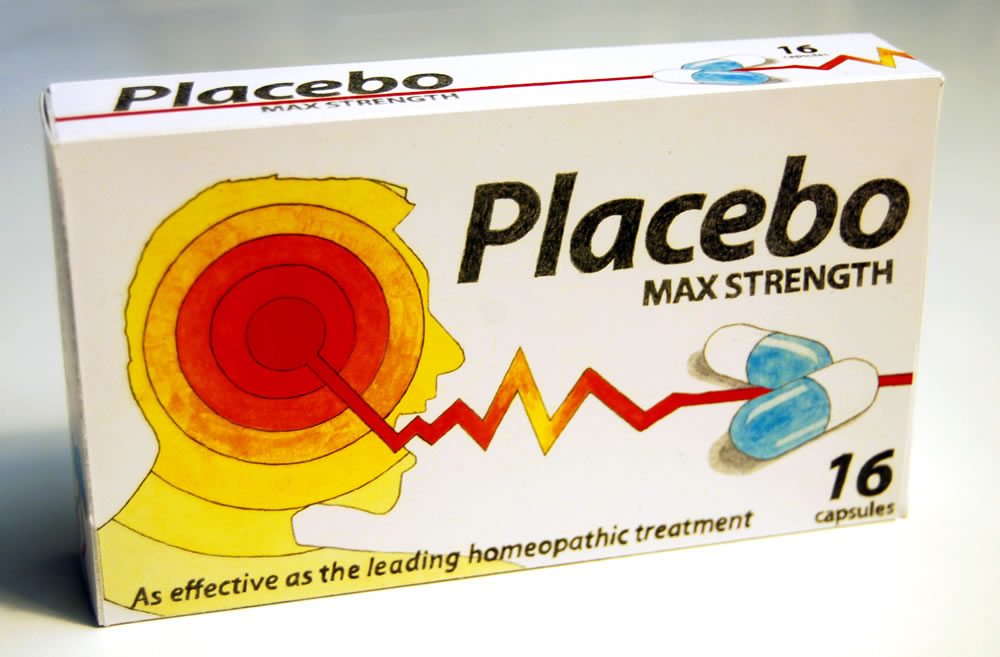Tag: acupuncture

Revisiting Daniel Moerman and “placebo effects”
About three weeks ago, ironically enough, right around the time of TAM 9, the New England Journal of Medicine (NEJM) inadvertently provided us in the form of a new study on asthma and placebo effects not only material for our discussion panel on placebo effects but material for multiple posts, including one by me, one by Kimball Atwood, and one by Peter...
Answering another criticism of science-based medicine
In the three and a half years that the Science-Based Medicine blog has existed, we contributors have come in for our share of criticism. Sometimes, the criticism is relatively mild; often it’s based on a misunderstanding of what SBM is; but sometimes it’s quite nasty. I can’t speak for the rest of the SBM crew on this, but I’ve gotten used to...
Consumer Reports drops the ball on alternative medicine
Ever since I was a teenager, I’ve intermittently read Consumer Reports, relying on it for guidance in all manner of purchase decisions. CR has been known for rigorous testing of all manner of consumer products and the rating of various services, arriving at its rankings through a systematic testing method that, while not necessarily bulletproof, has been far more organized and consistent...
Dummy Medicines, Dummy Doctors, and a Dummy Degree, Part 1: a Curious Editorial Choice for the New England Journal of Medicine
Background This post concerns the recent article in the New England Journal of Medicine (NEJM) titled “Active Albuterol or Placebo, Sham Acupuncture, or No Intervention in Asthma.” It was ably reviewed by Dr. Gorski on Monday, so I will merely summarize its findings: of the three interventions used—inhaled albuterol (a bronchodilator), a placebo inhaler designed to mimic albuterol, or ‘sham acupuncture’—only albuterol...

Spin City: Using placebos to evaluate objective and subjective responses in asthma
As I type this, I’m on an airplane flying home from The Amazing Meeting 9 in Las Vegas. Sadly, I couldn’t stay for Sunday; my day job calls as I’ll be hosting a visiting professor. However, I can say—and with considerable justification, I believe—that out little portion of TAM mirrored the bigger picture in that it was a big success. Attendance at...
“CAM” Education in Medical Schools—A Critical Opportunity Missed
Mea culpa to the max. I completely forgot that today is my day to post on SBM, so I’m going to have to cheat a little. Here is a link to a recent article by yours truly that appeared on Virtual Mentor, an online ethics journal published by the AMA with major input from medical students. Note that I didn’t write the...
Acupuncturist’s Unconvincing Attempt at Damage Control
Acupuncture has been in the news recently. A former President of South Korea had to undergo major surgery to remove an acupuncture needle that had somehow lodged in his lung. A recent study in Pain compiled a list of 95 published reports of serious complications of acupuncture including 5 deaths. Meanwhile, acupuncturists continue to insist that their procedures are “safe.” Edzard Ernst et...
Blatant pro-alternative medicine propaganda in The Atlantic
Some of my fellow Science-Based Medicine (SBM) bloggers and I have been wondering lately what’s up with The Atlantic. It used to be one of my favorite magazines, so much so that I subscribed to it for roughly 25 years (and before that I used to read my mother’s copy). In general I enjoyed its mix of politics, culture, science, and other...
Exorcism and Sorcery as Health Benefits?!
Luis Fernando Verissimo, a Brazilian writer, once proposed “voodoopuncture”. Instead of going to the acupuncturist, you would be treated without leaving home. The voodoopuncturist would stick acupuncture needles in the voodoo dolls of you! I add that voodoopuncture could be outsourced to Haiti and/or China. It is a win-win-win situation! — Leonardo Monasteri, Brazilian economist As unbelievable as this might sound, “voodoopuncture”...
Pragmatic Studies and Cinderella Medicine
Explanatory studies are done under controlled conditions to determine whether a treatment has any efficacy compared to a placebo. Pragmatic studies are designed to assess how the intervention performs in everyday real world practice. Pragmatic studies measure practical success but don’t determine actual efficacy: that requires a proper randomized controlled trial (RCT) with an appropriate control. Pragmatic studies have their place, but...

